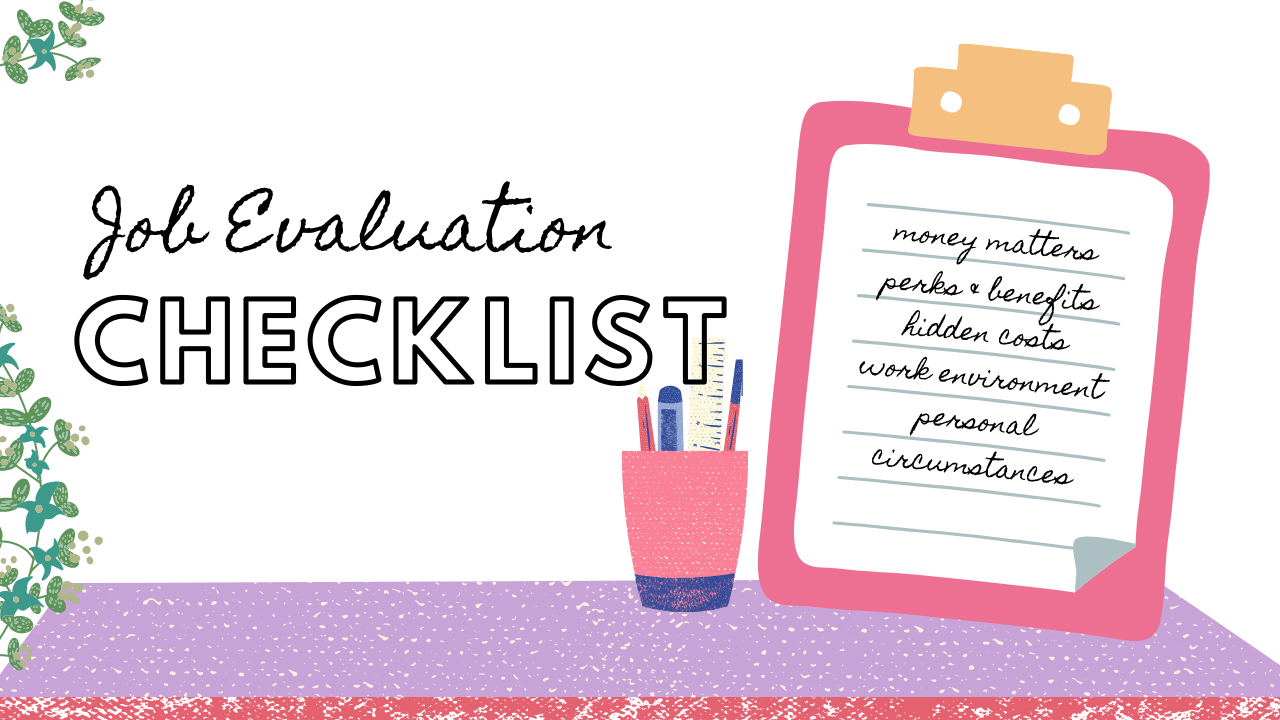Five Things to Consider Before Saying “Yes” to a Job Offer
The last thing any person would want to do is to make a hasty decision that he will regret in the future. That is why it is very crucial to take your time to evaluate and prioritize carefully when you are offered a job, look at the entire package itself, not just your paycheck. Consider what job would be perfect for the next phase of your career or at least what comes close to them.
Here are five things to think about when evaluating a job offer:
1. Money Matters
This includes the base salary, commission, bonuses, and projected salary increases. You may be thrilled to get a job offer, but seriously consider the compensation before accepting. You wouldn’t want to be in a position where you realize your salary is not enough only after you have accepted the offer. Make sure you are happy with your salary, at least for a year, as there won’t be any raise before then. Be open and ready to negotiate a better deal, before at least turning down any offer.
2. Perks and Benefits
This includes vacation, sick time, health and life insurance, pension plans, etc. To some people, the benefits and perks package is just as important as what they get in their paycheck because a good package can make up for a lesser salary if you prioritize money for health care more, a large amount of vacation time or having a flexible schedule instead. Relatively speaking, a poor benefits package could have you getting a big chunk of money taken out of your salary.
3. Hidden Costs
Before committing yourself to a job, be sure that you are clear on other important things to consider such as your schedule and working hours. Will your commute require more or less travel time? Or will there be parking fees? Do you need to buy more professional clothes? Will you have a corporate account for meeting clients, or will you need to network with them on your own dime?
Failing to count these other expenses will take a huge hit on your take-home pay so it is best to pay attention to them before accepting a job.
4. Work environment
While money surely matters, it’s not entirely all. Remember not to get distracted with a flashy salary and benefits and neglect the fact that the job may not match what you actually love to be doing. Make sure that you know exactly how your day-to-day basis will look like. Does the job excite you? Do you see yourself excelling and advancing on your career path? It is also important that you feel comfortable with your working environment and company culture.
5. Your Personal Circumstances
Everyone has different personal circumstances so it will be helpful to make a list of the pros and cons of the job offer you are considering. Listen to your gut; if it's telling you not to take the job, it only means that maybe it is really not just for you. It is better to decline in the beginning rather than waste everyone’s time later on.



